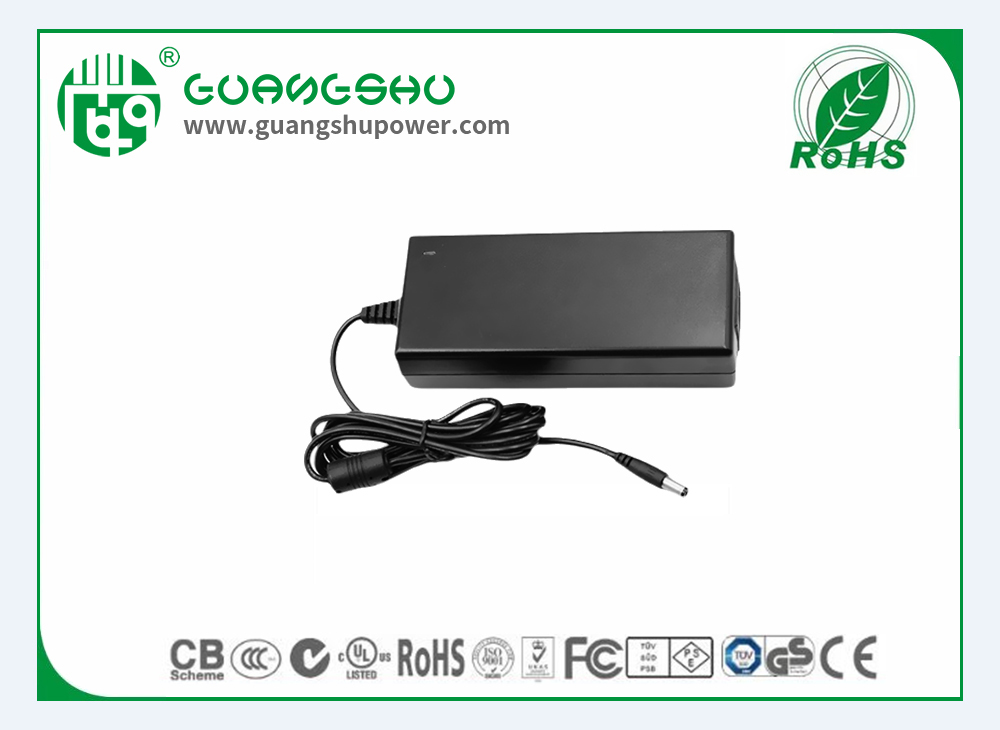Time:2024-09-10 Views:0

Which is more environmentally friendly, fast charging or regular charging, mainly depends on the following key factors:
Energy consumption and efficiency:
Fast charging chargers are significantly faster than regular chargers in terms of charging speed, and can complete charging in a short period of time, thereby reducing the waiting time for users. However, this also means that fast charging chargers may require more energy consumption during the charging process. However, from another perspective, fast charging reduces the number and duration of charges, which may potentially decrease overall energy consumption in the long run.
Although regular chargers have slower charging speeds, they consume relatively less energy per charge. However, due to the long charging time, multiple charges may be required to meet usage needs, which may lead to an overall increase in energy consumption.
Material usage and manufacturing process:
Both fast charging chargers and regular chargers may have certain environmental impacts during material use and manufacturing processes. This includes energy consumption and waste emissions during raw material extraction, processing, and production processes. However, there is currently limited data on the specific environmental impacts of fast charging and regular chargers in material usage and manufacturing processes, making it difficult to directly compare.
Service life and durability:
If fast charging chargers and regular chargers have similar service life and durability, then from an environmental perspective, the difference between the two may not be significant. However, if one of the chargers is more prone to malfunction or damage during use, its environmental friendliness may be affected as it requires more maintenance, replacement, or disposal.
Recycling and reuse:
The charger needs to be recycled and reused after reaching its service life. If fast charging chargers and regular chargers have the same efficiency in recycling and reuse, then the difference in environmental friendliness between the two may not be significant. However, if one of the chargers is more difficult or inefficient in terms of recycling and reuse, its environmental friendliness may be affected.
induce:
The advantages of fast charging chargers include fast charging speed, improved charging efficiency, and possibly reduced overall energy consumption (considering reduced charging times and duration). At the same time, the equipped intelligent charging and energy-saving technologies help improve environmental friendliness.
The advantage of a regular charger is that it consumes relatively less energy per charge (although it may require multiple charges). However, in long-term use, more maintenance, replacement, or disposal may be required, which may have a negative impact on environmental protection.
In summary, the difference in environmental friendliness between fast charging and regular chargers depends on the combined effects of multiple factors. When choosing a charger, users should comprehensively consider their own needs, charging efficiency, energy consumption, service life, and recycling to choose a more environmentally friendly charging method.
Read recommendations:
54V1.17A Wall Plug European Plug
18W Side plug Switching Power Supply
The battery charger cannot charge at temperatures above 120 degrees Fahrenheit